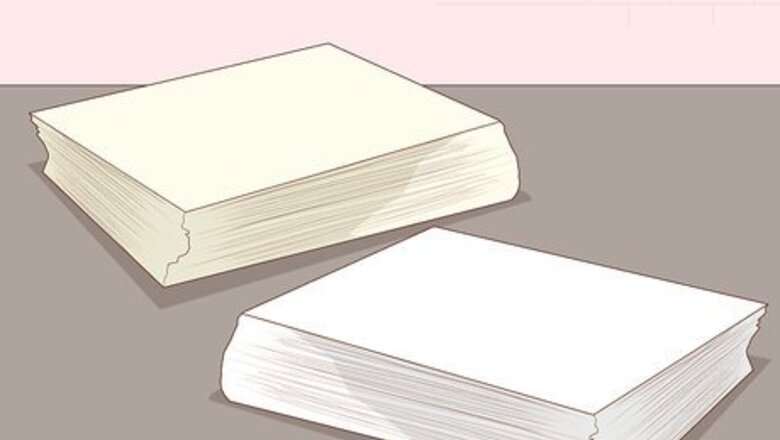
views
Making Tickets by Hand
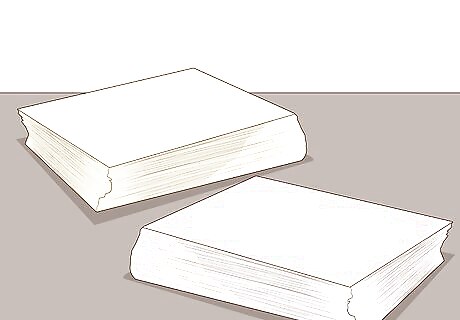
Get a suitable type and amount of paper. Consider the paper you'll be using for the raffle tickets. If you just need very basic, utilitarian raffle tickets, regular printing paper will do just fine. If you want something that leaves a more professional impression, consider buying a heavier weight paper, or a coloured material instead of the standard plain white. If you think there's any risk for ticket fraud, something off-white or irregular will make it more difficult for people to make fake copies.
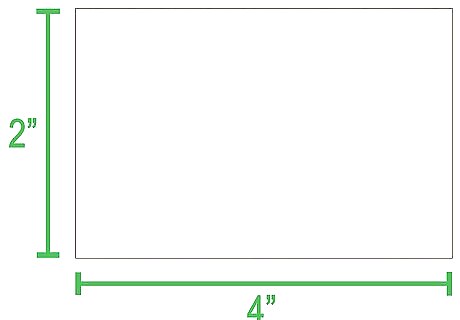
Measure out your tickets. If you are keeping your raffle fairly small (>50 people), it is just as easy to write up the tickets all by hand. Take a ruler and cut them out in rows and columns so that you have a bunch of tickets of the same size. If you're making enough tickets in the raffle to be worth several pages of paper, you might try measuring them out and cutting them all at once. However, this time-saving technique shouldn't be tried unless you know you've gotten your measurements down perfectly. Scissors aren't recommended for cutting if you're selling your tickets. You probably won't get a straight cut out of them. Instead, a ruler and a craft precision knife can get you an even cut that looks like it was done professionally. Raffle ticket size can vary if you're making them from home. However, for the sake of making lots, you should aim to make them around 2x4" inches (5x10cm). For the sake of saving paper, keep them as small as you can without sacrificing the essential information. It's helpful to record who bought each ticket if possible. That way, you can make sure the purchaser lines up with the person who calls out the winning ticket.
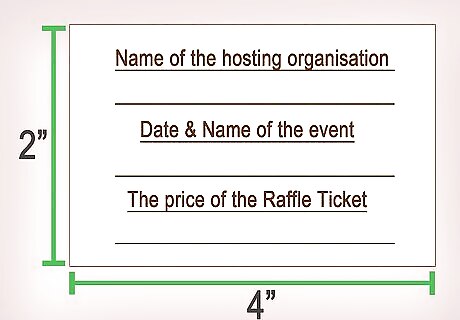
Write in the information. The sort of information you put onto each ticket varies from raffle to raffle. What matters most is that all tickets are consistent. Except for the ticket number, which should vary from each ticket, each ticket should be roughly the same. While the tickets should be customized to fit the event, here are some details you almost certainly want to have: The name of the hosting organization. The date and name of the event. The price of the raffle ticket. The number of the ticket. For small raffles purchased on the day of the prize, you can leave it as simple as a number and signature.
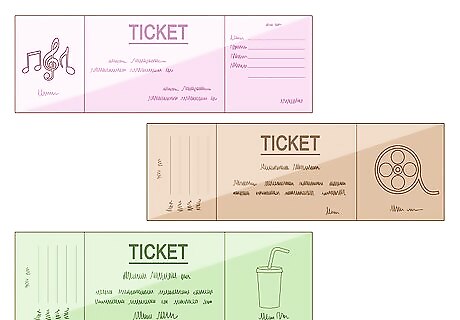
Keep your raffle design distinctive and consistent. Although smaller-sized raffles don't usually run the risk of ticket fraud, it still helps to give your tickets a special touch for legitimacy's sake. Something like a drawing specific to the type of raffle you're putting on, or a quick signature can make the tickets feel more worth the money. It's a small detail, but buyers will appreciate the effort you put into each of them. For example, if you're trying to raise money for Little League, you could draw a baseball bat on each ticket If you're intent on doing your tickets by hand, it's recommended that only one person make them. That way, the handwriting will be consistent for each one, and it will be easier to spot a dupe if one occurs.
Printing Tickets at Home
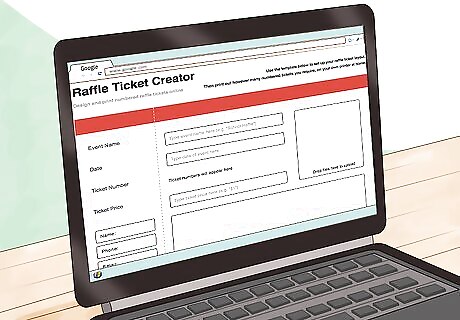
Print using a template. If you're printing over a computer, you don't need to design the tickets from scratch. There are templates specifically designed for raffle draws. Look up one of these templates and print rows and columns of them onto as many printer sheets as you need. You can take the image and type the necessary information as needed via a Word processor. Print off a sheet and have it ready. Even if they're blank to start with, you can fill out the details afterward by hand, so long as the work is done in a permanent marker or pen. Some programs like Microsoft Publisher will guide you through the process of numbering and printing tickets.
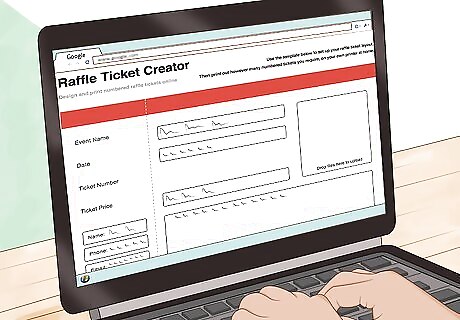
Fill in the information. Much like making your tickets by hand, you'll need to input information for the tickets. Because you're doing it via computer, it will be faster to make the tickets consistent. Write in the basic information into the template you're using. The individual ticket number can be either written in or sequenced via a program like Microsoft Publisher. Although specifics will vary between raffle events, here are some things you'll absolutely want on each ticket: The name of the hosting organization. The date and name of the event. The price of the raffle ticket. The number of the ticket. This can be done automatically, or by hand. Because it's so fast to write the number by hand, many raffles choose to approach this route.
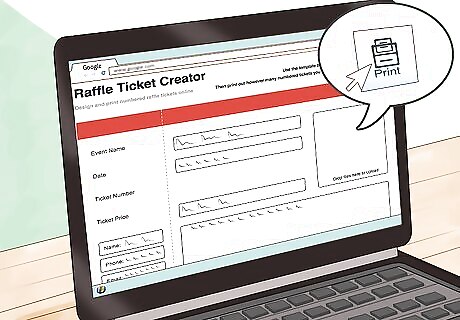
Print your template sheet. When the tickets have all the necessary information on them except for the ticket number, load adequate paper into your printer and make as many copies as you need. It's a good idea to print a couple of extra sheets in case you make a mistake, or wind up needing more than you expected. The number of the ticket is the only thing that changes. If you're starting to sell tickets that are in the double or triple digits, you can add a digit to the front. However, given how fast numbers can be written by hand, this may not be worth the trouble.
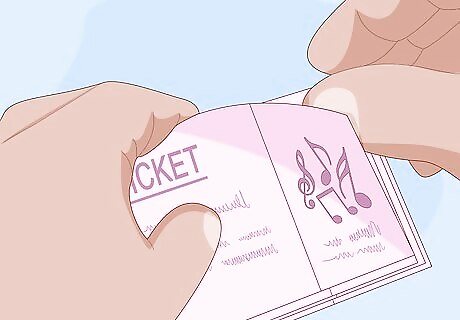
Keep track of your tickets. If you're using a computer, keeping track of the tickets digitally via a program like Excel can help avoid screw-ups as the event goes on. Keeping a firm grasp of the numbers will give you a better idea as to whether the raffle will be lucrative or not. If you find your raffle won't be worth the costs, try selling more tickets or cut the costs somehow.
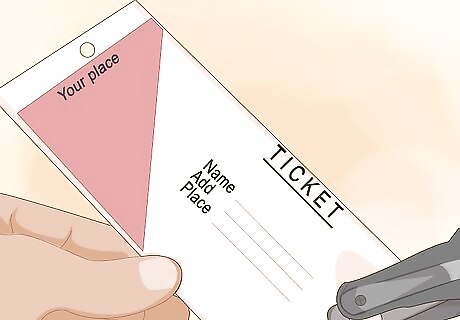
Perforate your tickets. Printed tickets are more uniform, so it works in your favour if you're a little more professional with them. Perforating your tickets means you'll be able to tear them each off quickly. Perforating tools are spindled wheels that poke holes evenly in a line. Run them between tickets like you would use a pizza cutting wheel. Cut your tickets out into rows and perforate the border between each ticket. Perforation isn't necessary, but it does make the raffle easier when it comes time to sell them. You can purchase a perforating machine from an art store. It should be mentioned that perforating tickets yourself is a pretty time-consuming ordeal, especially if you're going through a lot of raffle tickets. If you want to save money by going DIY, it can make your product more professional. However, if the funds are available, it is easier to go ahead and get them done by a third-party.
Ordering Custom Tickets
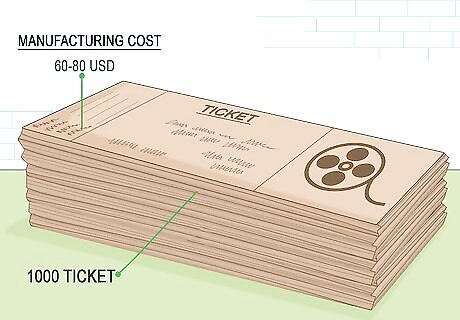
Compare manufacturing prices. For any sizable raffle (500+ tickets) it is recommended that you buy tickets from a professional company. This will lessen the workload for you, and there won't be a risk of potential ticket fraud. There are online outlets that specialize in ticket printing. Check online for a few of these and compare prices to see which one suits you best. Depending on where you live, you may also be able to find a printing store with ticket printing options. Tickets tend to be sold for 60-80 USD per 1000 tickets. You'll need to add shipping costs to your tally if you're getting them online.
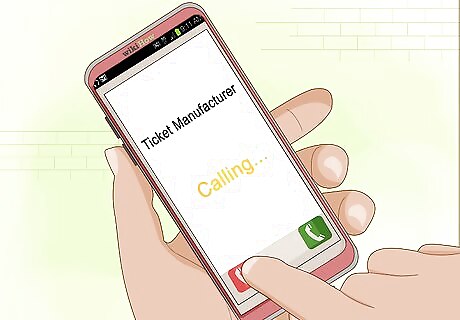
Contact a manufacturer. Whether you've found a local ticket producer or an outlet online, you need to get a hold of them before you can order your tickets. Online companies will have their contact info somewhere on their webpage. Drop them a line, introduce yourself and let them know you're interested in purchasing raffle tickets. Be sure to let them know roughly how many tickets you're looking to buy, as well as the date you want to have them by. A representative should respond within a business day to take things forward from there. While you don't want to waste anyone's time intentionally, it may be helpful to contact a few places. It's possible you'll be able to snag a better deal if the company is open to wholesale bargaining.
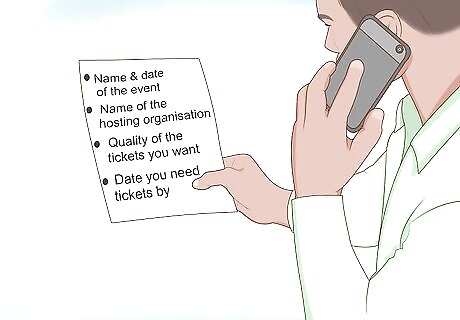
Design and order your tickets. Once you've chosen a manufacturer and are in contact with them, it will come time to solidify the specifics of your order. Some of the bigger outlets will come with pre-made ticket designs you can buy more cheaply. Custom orders may cost more, but you'll have a ticket with a specific look for your event. Make sure to give the manufacturer all the information they require. This may include: Name and date of the event you're hosting. Name of the hosting organization. Quantity of tickets you want to order. Date you need the tickets by.

Wait for the tickets to ship. Once you've gone through with your order, it's time to wait for the tickets to ship. Because shipping can take up to a couple of weeks depending where you, it's a good idea to order your tickets far in advance of the raffle itself. You'll also want time to sell the tickets after they arrive. If you're in a bind for time, you can have tickets manufactured locally. Even then, depending on the business' workload, you may have to wait a couple of business days before they have something ready for you.
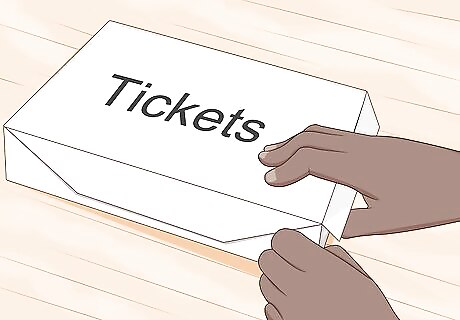
Receive and unpack your tickets. The tickets normally come wrapped coil and will most likely be perforated. You should leave the coil wrapped until it comes time to sell the tickets so you don't lose any. If the tickets do not make it by the agreed-upon time, you should ask that your money be refunded. From that point, purchasing from a local vendor or making the tickets yourself are viable options.

















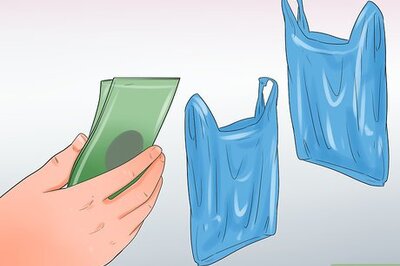
Comments
0 comment